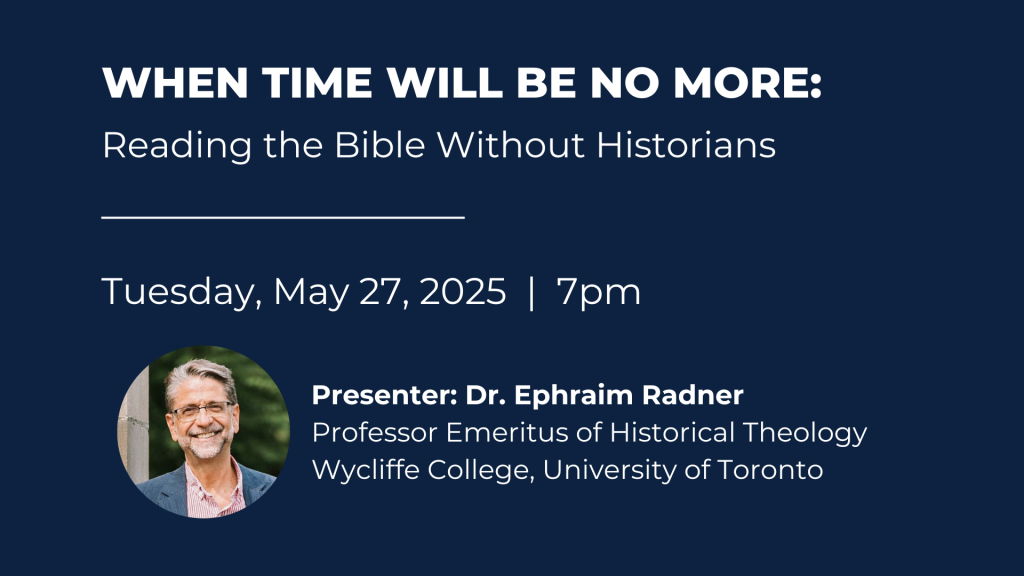“I have chosen this passage from Origen because it illustrates that he regards metaphysics and biblical interpretation as closely connected. The way we think about the relationship between God and the world is immediately tied up with the way we read Scripture. This is something easily lost sight of, yet of crucial significance. I suspect we often treat biblical interpretation as a relatively value-free endeavor, as something we’re equipped to do once we’ve acquired both the proper tools (biblical languages, an understanding of how grammar and syntax work, the ability to navigate concordances and computer programs, etc.) and a solid understanding of the right method (establishing the original text and translating it, determining authorship and original audience, studying historical and cultural context, figuring out the literary genre of the passage, and looking for themes and applicability). Such an approach, even when it does recognize the interpreter’s dependence upon the Spirit’s guidance, treats the process of interpretation as patterned on the hard sciences. In other words, the assumption is that the way to read the Bible is by following certain exegetical rules, which in turn are not affected by the way we think of how God and the world relate to each other. Metaphysics, on this assumption, doesn’t affect interpretation. In fact, many will see in the way Origen links metaphysics and exegesis the root cause of why his exegesis is wrongheaded: the Bible ought to be read on its own terms, without an alien, philosophically derived metaphysical scheme being imposed upon it.”
